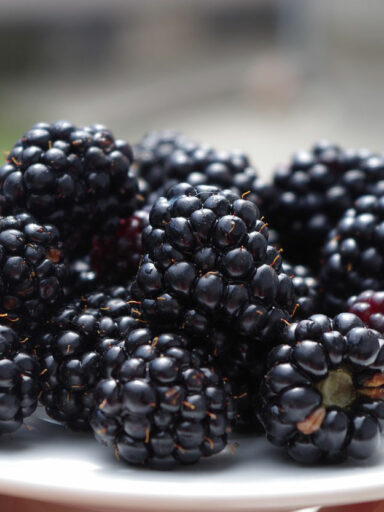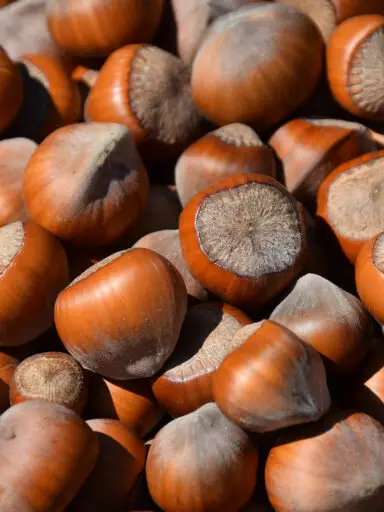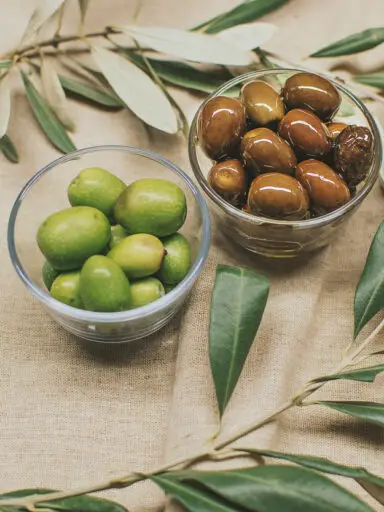Nutmeg is an aromatic spice from the seed of a variety of trees in the genus Myristica. It can be differentiated from the mace, which is a similar-tasting spice.
The difference is that mace is made from the aril or the dried lacy reddish covering of the nutmeg seed.
This makes the plant the only tropical fruit that one can extract two different spices, taken from different parts of the plant.
This evergreen tree is indigenous to the Banda Islands in the Moluccas (Spice Islands) of Indonesia, where it is known as Pala.
It is also popularly cultivated on Penang Island in Malaysia, in the Caribbean, and especially in Grenada. It is also widely grown in Kerala (Malabar) in southern India.
The fruit bears a seed that grows about 2 to 3 cm long. The fruit can be first harvested after 7 to 9 years after planting. The trees do not reach full production until after twenty years.
After harvesting the fruits, or to be more precise, drupes, the outer coat or husks are removed and then discarded. This reveals the crimson red aril mace.
The mace is unwrapped carefully and processed separately. On small-scale production lines, the nutmeg kernel is then dried under the sun for several days to weeks. Large-scale commercial settings would normally do this quicker using drying machines.
Whichever method is used the kernel ends up shrinking and sounds like a rattle when shaken. At this moment the shell is cut open and the kernel can be taken and stored.
Most nutmeg is sold ground in powdered form. One can also opt to buy the kernels whole. It is better to buy the kernels whole as powder forms can easily be adulterated with other inferior quality nutmeg varieties or other impurities. If not then buy the powder from reputable sources.
At home, store both forms of nutmeg in an airtight container and keep it in a cold, dark, and dry place. This way it will keep for several months.
Uses of Nutmeg in the Kitchen Setting
Nutmeg can be added to dishes during the cooking process according to recipes. It is advisable to add it to your dish towards the end of the cooking process to retain the best flavor.
Furthermore, kernels are preferred when making dishes. These retain the essential oils as opposed to the fine powder.
The essential oils help lend a richer flavor to the recipes. In general, you want to grate or mill the dried kernels just before being added at the last minutes of cooking.
Nutmeg can be added to sauces, stew, and soup preparations as well as confectionary. it also goes well with vegetables and comes out great in starches such as mashed potatoes.
it is also one of the spices found in curry spice mixes where it is used to marinate meat and poultry dishes.
It can also be processed into Nutmeg butter and used as a replacement for cocoa butter.
Health Benefits of This Spice
Nutmeg is known for its antioxidant, disease-preventing, and health-promoting properties.
It contains no cholesterol and provides just 26 calories. It is rich in fats and oil as well as Carbohydrates, Protein, and dietary fiber.
As a source of vitamins, it is a decent source of B-complex vitamins such as folates, niacin, and pyridoxine. It is also a good source of thiamin and contains some amounts of riboflavin.
It also provides fair amounts of vitamin A and vitamin C.
As for minerals, nutmeg is an excellent source of copper and manganese. It is also a rich source of calcium, iron, and magnesium. It also provides large amounts of phosphorus, zinc, and potassium.




